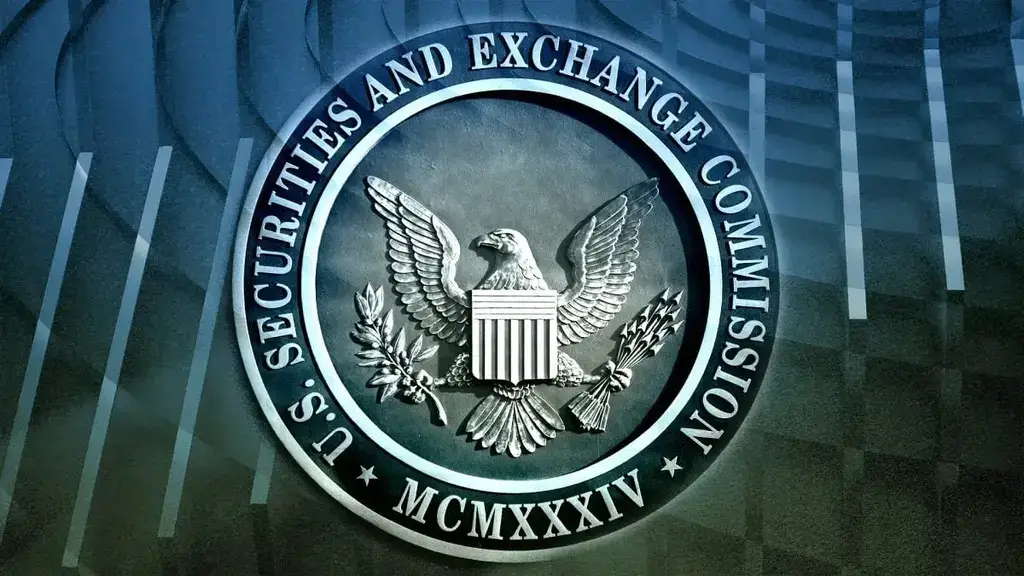The U.S. Securities and Exchange Commission has released updated guidance that may accelerate blockchain integration across Wall Street. The new instructions, issued on May 15, outline how broker-dealers and transfer agents can interact with digital assets while complying with existing securities laws.
Broker-dealers handling non-security assets, such as Bitcoin and Ethereum, are not required to use Rule 15c3-3. This exemption makes it much smoother for financial institutions to start offering digital asset services.
Securities transfer agents can now apply distributed ledger technology to their record-keeping. These agents must ensure that their files are protected and easily accessible because existing laws require it. For the first time, blockchain will be incorporated into how records are stored in the U.S. financial system.
SEC Commissioner Hester Peirce stated that the update is a small first step and that more updates will come later. She mentioned that, given the small number of countries, the document helps manage uncertainties related to cryptocurrency rules.
Also Read: Ethereum Price Prediction for May 18: Key Levels Every Trader Must Watch
Wall Street’s Bridge to Blockchain Strengthened Through Chainlink Involvement
Chainlink Labs played a behind-the-scenes role in developing the SEC’s updated framework. In March, representatives from the company engaged with the SEC’s Crypto Task Force, presenting use cases on how smart contracts and privacy tools can operate within current laws. These discussions contributed to including terms such as “unified golden records” and “smart-contract-driven compliance” in the official SEC guidance.
Chainlink responded to the release by noting that it resolves long-standing compliance hurdles that institutions face when considering public blockchains. The company is in a strong position to affect upcoming regulations.
While rules have become less strict for broker-dealers and transfer agents, the SEC also stated that the Securities Investor Protection Act does not cover non-security digital assets. As a result, customers using these services could suffer extra harm if the firm collapses.
When crypto laws relax, blockchain integration into traditional banking often leads to more blockchain. With more explicit rules, Wall Street companies may consider using blockchain to manage records and fulfill compliance requirements.
Also Read: Will May 19 Trigger an XRP Rally? – Here Are the Futures Currency Pairs Launching
